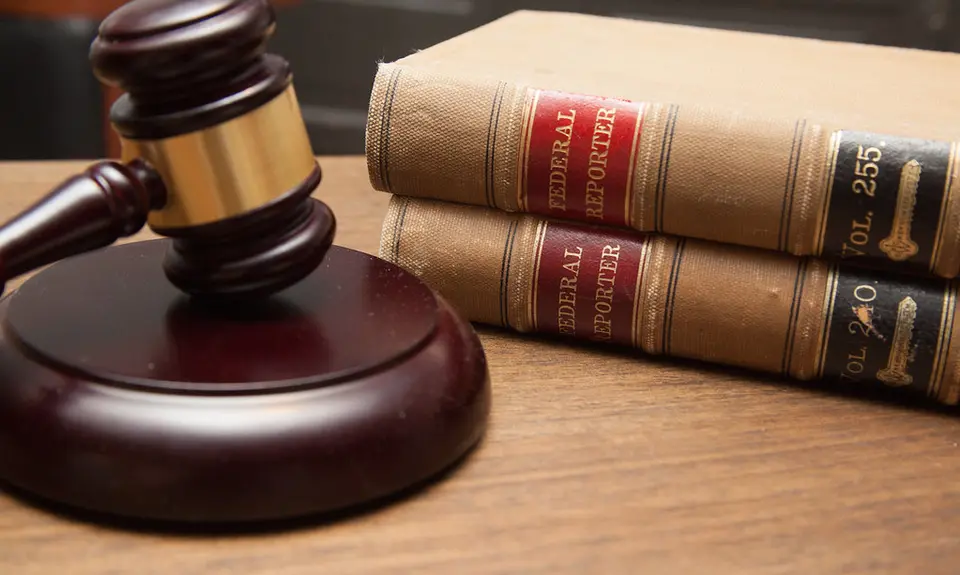Judge Beth Robinson, who was nominated by President Biden to the Second Circuit court of appeals, wrote a unanimous opinion that reversed a district court and allowed a consumer class action to continue against the NBA for violating people’s privacy by disclosing personal information. The October 2024 decision was in Salazar v NBA.
What happened in this case?
Like many other people, Michael Salazar signed up for an online email newsletter offered at no charge by the National Basketball Association (NBA). He also watched videos on the NBA’s website.
What he did not know and did not agree to, however, is that the NBA disclosed his video-watching history and other personally identifying information to Meta Platforms, which owns Facebook. Meta uses this information to send targeted ads to Salazar “for its own commercial purposes.”
When Salazar learned about the NBA’s practice, he filed a class action against it for injunctive relief and damages under the federal Video Privacy Protection Act (VPPA), which prohibits a “provider” from knowingly disclosing “personally identifiable information” of any “consumer.” A key question is whether Salazar is a “consumer,” under the VPPA, which was originally enacted during the VHS and videotape era but has since been amended. Salazar maintained that when he signed up for the newsletter, he became a “subscriber of goods and services”and therefore a “consumer” under the law, and that the NBA became a “video tape service provider” by offering videos on its website.
The NBA asserted, however, that Salazar is not a VPPA “consumer” because the online newsletter is not an “audiovisual” good or service and he is thus not a subscriber under the Act. It filed a motion to dismiss the case on that basis, and the district court agreed. Salazar appealed to the Second Circuit.
How did Judge Robinson and the Second Circuit decide the case and why is it important?
Judge Robinson wrote a unanimous opinion ruling that Salazar and others like him are “consumers” under the VPPA, and sent the case back to the district court where it can go forward. She also agreed with the district court that Salazar had standing to proceed.
Judge Robinson carefully reviewed the language, structure, and history of the VPPA, as well as relevant precedent. She explained that Congress “deployed broad language in defining the term ‘consumer’” under the VPPA, “showing that it did not intend for the VPPA to gather dust next to our VHS tapes.” We now rely primarily on online communication and thus “modern means of consuming content may be different,” she went on, “but the VPPA’s privacy protections remain as robust today as they were in 1988” when Congress passed the law.
Judge Robinson’s opinion is obviously important to Michael Salazar and other consumers, who can now proceed to obtain privacy protection and justice in this case. It also sets important precedent for other cases concerning the VPPA and privacy protections for consumers, especially in the Second Circuit, which includes New York, Connecticut, and Vermont. In addition, the decision serves as a reminder of the importance of promptly confirming fair-minded judges to our federal courts.
